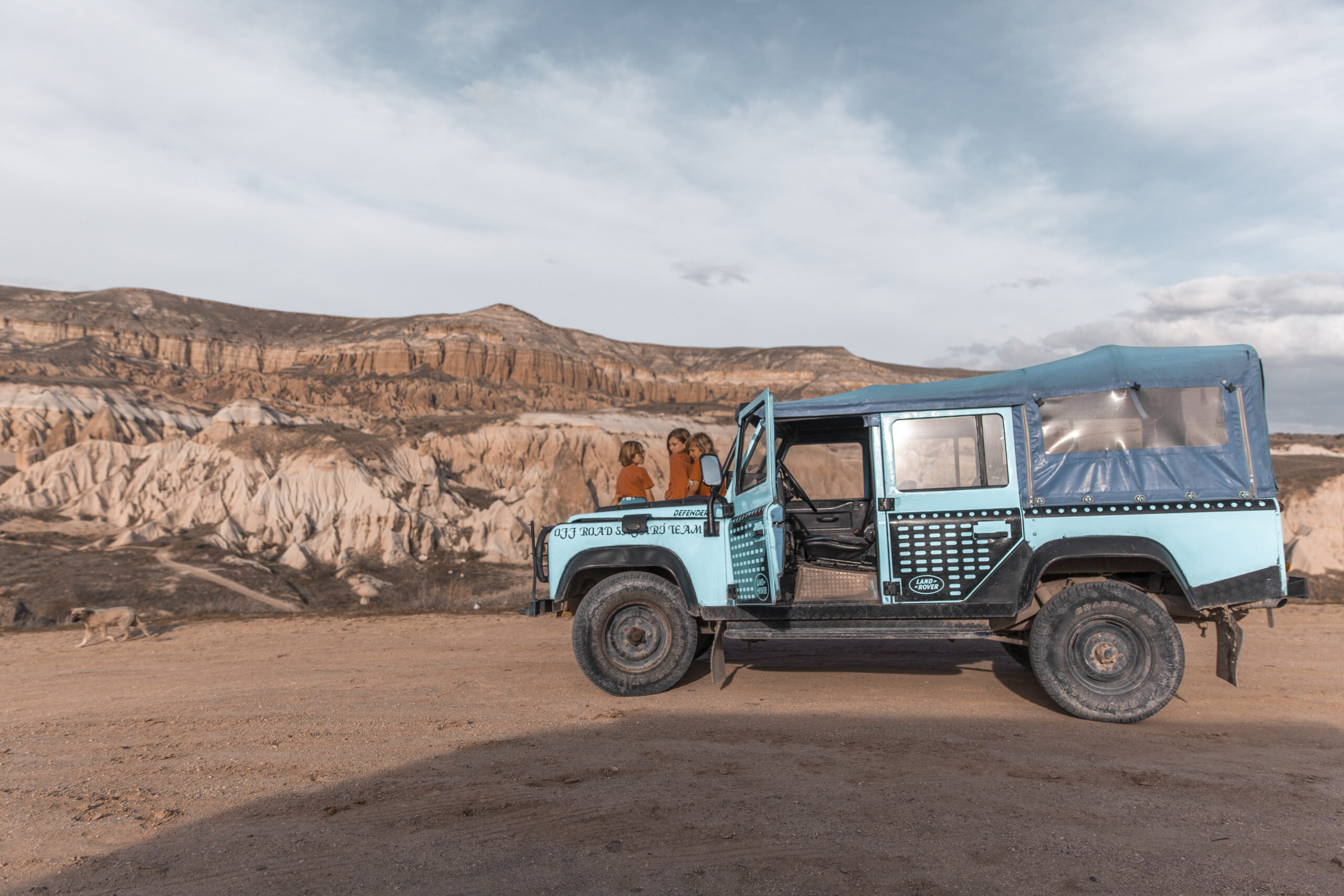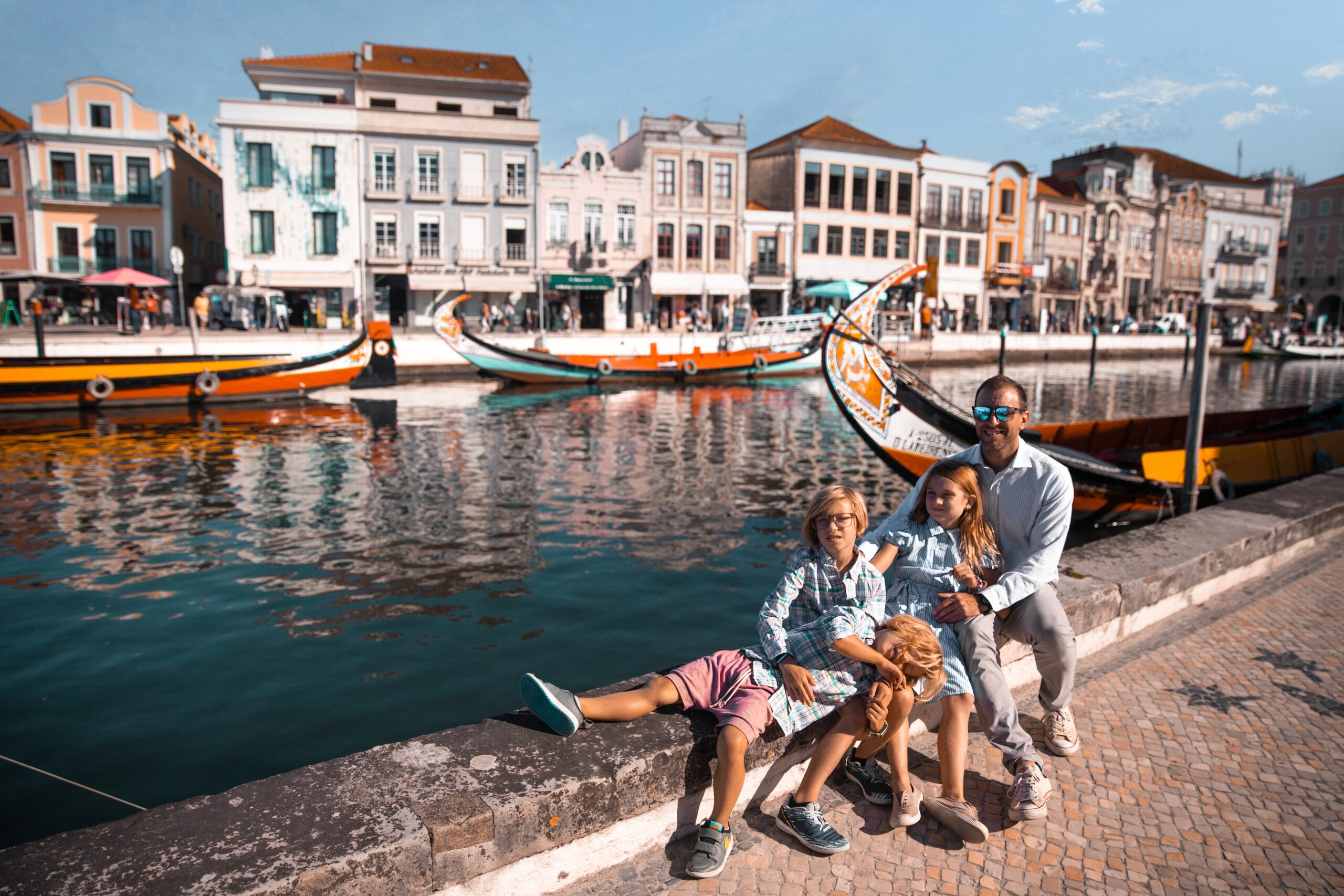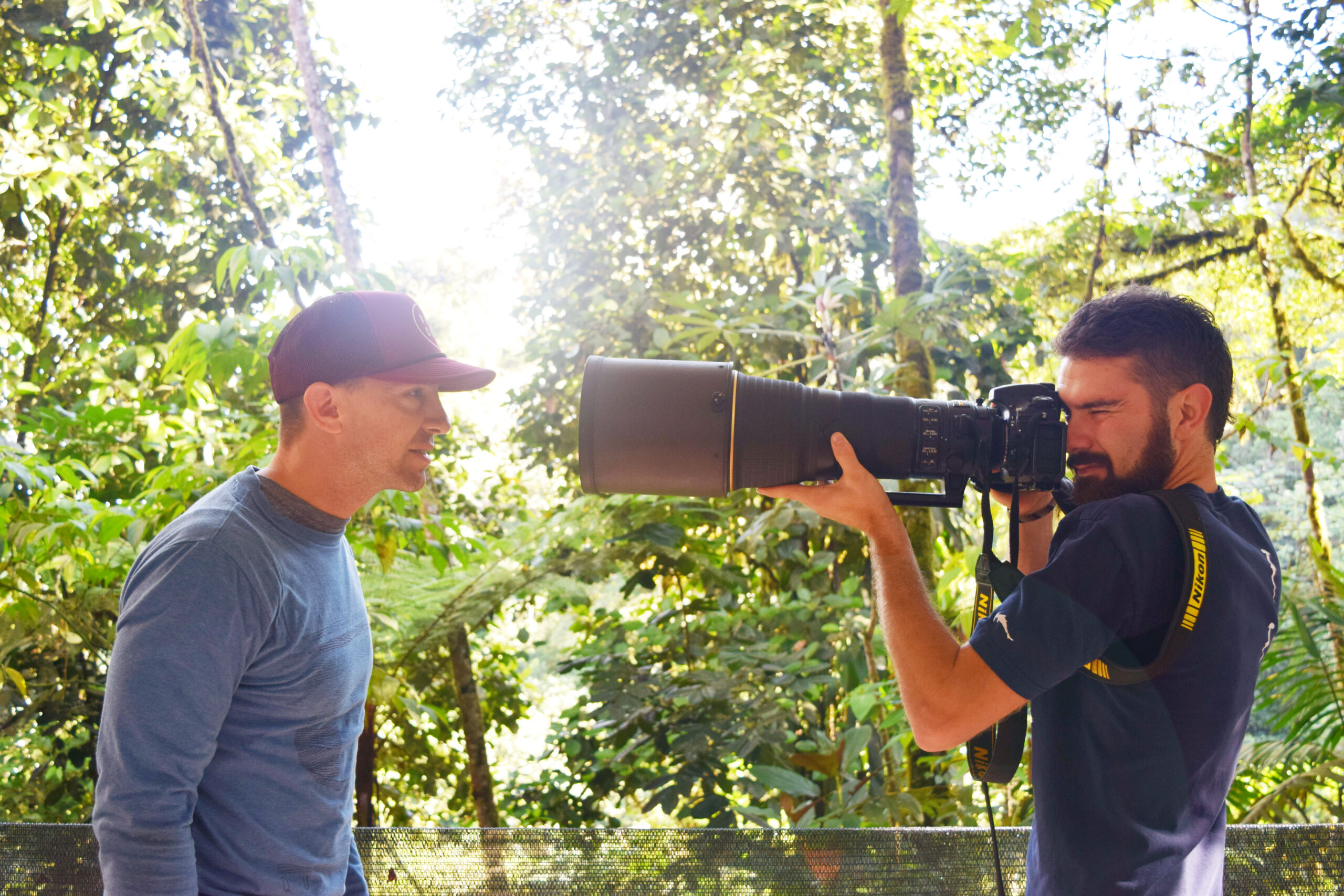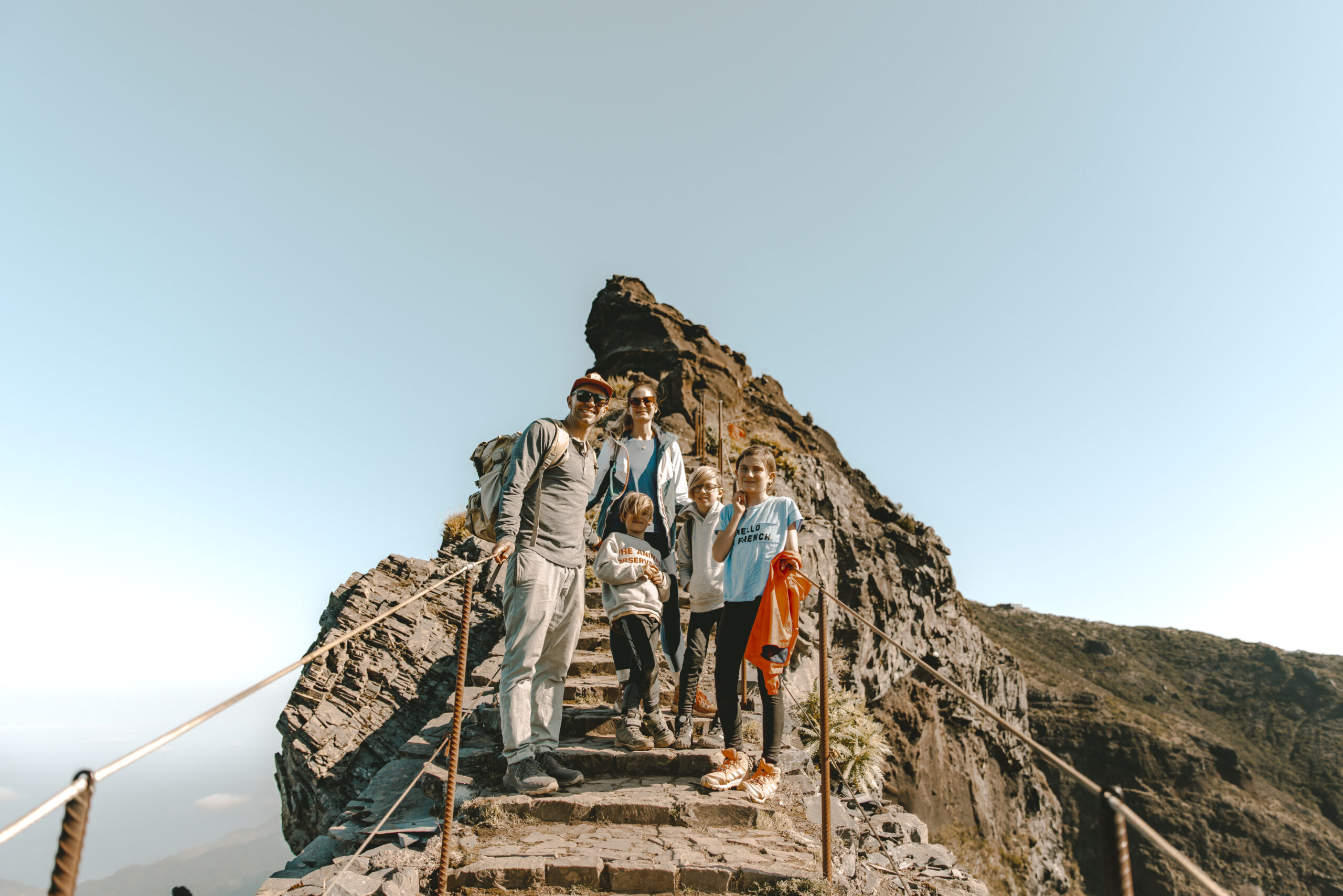Why Spain is a great place for kids
Choosing the city that's right for you
Choosing the visa that's right for you
More than just great weather
Why Spain provides a better quality of life

How we Plan

What we pack
Choosing Travel Insurance
Book Your Hotel
with Booking.com
Book Your Car
with RentalCars.com
Book Your Flight
with Skyscanner.com
Book Your Tour
with GetYourGuide.com

Our Camera Gear

How We Fly
Choosing Your Destination
Guide to...
South Africa
South Africa, a country of extraordinary diversity, beckons with the iconic Table Mountain overseeing Cape Town, the vibrant wildlife of Kruger National Park, and the historical richness of Robben Island, offering a journey that seamlessly blends landscapes, cultures, and a captivating tapestry of experiences.
Map
Weather
Itineraries

Coming Soon...
cape town
Top Five Restaurants in cape town
The Test Kitchen, founded by renowned chef Luke Dale-Roberts, is a pioneer in South Africa’s fine dining scene. Known for its innovative and artful dishes, this restaurant offers a unique tasting menu that blends local ingredients with international techniques. Each dish is a masterpiece, providing a sensory experience that’s both visually stunning and delicious.
Nestled in the picturesque Constantia Winelands, La Colombe offers an exquisite dining experience with breathtaking views. Chef James Gaag crafts a menu that showcases seasonal and sustainable ingredients, featuring a fusion of French and Asian influences. The restaurant’s elegant ambiance and impeccable service make it a must-visit for any gourmet enthusiast.
FYN Restaurant brings a contemporary twist to traditional South African flavors, with a menu that highlights the best of local produce. Chef Peter Tempelhoff creates dishes that are both inventive and deeply rooted in the region’s culinary heritage. The restaurant’s chic, minimalist decor and panoramic views of Table Mountain enhance the dining experience.
Situated atop the Silo building at the Old Biscuit Mill, The Pot Luck Club offers an eclectic menu designed for sharing. Chef Luke Dale-Roberts’ tapas-style dishes are a fusion of global flavors, presented with flair and creativity. The vibrant atmosphere, coupled with stunning views of the city, makes it a popular spot for both locals and tourists.
Located at the iconic V&A Waterfront, Harbour House is renowned for its fresh seafood and elegant seaside dining. The menu features a variety of ocean-fresh dishes, from sushi to grilled fish, all prepared with a focus on quality and flavor. The stunning views of the harbor and Table Mountain make it a perfect setting for a memorable meal.
Top Five hotels in cape town
One&Only Cape Town offers an unparalleled luxury experience in the heart of the V&A Waterfront. The hotel features spacious rooms with stunning views of Table Mountain and a world-class spa. Guests can enjoy fine dining at the renowned Nobu restaurant and relax in the beautiful infinity pool. It’s an ideal choice for those seeking opulence and convenience.
The Silo Hotel is a striking architectural masterpiece situated above the Zeitz Museum of Contemporary Art Africa (MOCAA). The hotel boasts individually designed rooms with floor-to-ceiling windows offering panoramic views of Cape Town. Its rooftop bar and pool provide a chic atmosphere for enjoying the city’s skyline.
The Belmond Mount Nelson Hotel is a historic and iconic establishment nestled at the foot of Table Mountain. This grand hotel, often referred to as “The Nellie,” is known for its elegant rooms, lush gardens, and impeccable service. The Afternoon Tea in its plush lounges is a celebrated tradition.
The Cape Grace Hotel is located on a private quay at the V&A Waterfront, offering a blend of luxury and intimacy. With elegantly appointed rooms and exceptional service, guests can enjoy gourmet dining at Signal Restaurant and unwind at the award-winning spa. The hotel’s unique style reflects Cape Town’s rich heritage.
The Table Bay Hotel, set against the backdrop of Table Mountain and the Atlantic Ocean, offers luxurious accommodation with direct access to the V&A Waterfront. The hotel features opulent rooms, a top-notch spa, and excellent dining options. It is an excellent choice for both leisure and business travelers.
FAQ's
What are the main things to do with kids in South Africa?
South Africa offers a variety of activities and attractions that are great for kids and families. Some of the main things to do with kids in South Africa include:
1. Wildlife safaris: Visit national parks like Kruger, Addo Elephant, or Pilanesberg to see animals like lions, elephants, and giraffes in their natural habitats.
2. Beach activities: Enjoy the beaches along the coast, such as Muizenberg in Cape Town or Durban’s Golden Mile, where kids can swim, surf, or build sandcastles.
3. Amusement parks: Visit Gold Reef City in Johannesburg or uShaka Marine World in Durban for thrilling rides, water parks, and entertainment.
4. Educational experiences: Explore museums like the Sci-Bono Discovery Centre in Johannesburg or the Two Oceans Aquarium in Cape Town to learn about science, history, and marine life.
5. Outdoor adventures: Go hiking in the Drakensberg Mountains, explore the Cango Caves in Oudtshoorn, or visit the Blyde River Canyon in Mpumalanga.
6. Cultural experiences: Visit cultural villages like Lesedi Cultural Village near Johannesburg or Shakaland in KwaZulu-Natal to learn about traditional African cultures.
7. Animal encounters: Interact with penguins at Boulders Beach in Cape Town, feed giraffes at the Johannesburg Zoo, or visit a cheetah sanctuary like the Ann van Dyk Cheetah Centre.
8. Family-friendly events: Attend kid-friendly events like the National Arts Festival in Makhanda (Grahamstown) or the Knysna Oyster Festival along the Garden Route.
These are just a few examples of the many activities and attractions available for kids and families in South Africa.
What is South Africa famous for?
South Africa is famous for several things, including:
1. Wildlife and safaris: South Africa is home to numerous national parks and game reserves, including Kruger National Park, where visitors can see the “Big Five” (lions, leopards, rhinos, elephants, and buffalo) and many other animals in their natural habitats.
2. Diverse landscapes: From the stunning coastlines to the rugged mountains and lush forests, South Africa boasts a wide variety of beautiful landscapes.
3. History and culture: South Africa has a rich history and diverse cultural heritage, with influences from African, European, and Asian populations. Famous historical figures include Nelson Mandela and Desmond Tutu.
4. Apartheid and its aftermath: South Africa is known for its history of apartheid, a system of racial segregation that ended in the early 1990s, and the country’s subsequent transition to democracy.
5. Mineral wealth: South Africa is famous for its mineral resources, including gold, diamonds, platinum, and coal.
6. Cape Town: The country’s legislative capital, Cape Town, is renowned for its stunning beauty, vibrant culture, and landmarks like Table Mountain and Robben Island.
7. Wine production: South Africa’s Western Cape region is famous for its wine production, with many world-class wineries and wine routes.
8. Sports: South Africa is known for its love of sports, particularly rugby, cricket, and soccer. The country hosted the 2010 FIFA World Cup.
9. Ubuntu philosophy: South Africa is associated with the concept of “ubuntu,” which emphasizes human interconnectedness, compassion, and the belief that “I am because we are.”
These are just a few of the many things that make South Africa a unique and famous destination.
What power plug type does South Africa use?
South Africa primarily uses Type M power plugs and sockets, also known as SA plugs. These are unique to South Africa and a few neighboring countries.
Type M plugs have three round pins in a triangular pattern. The pins are larger than those found in other plug types, and the plug has a rating of 15 amperes.
However, some places in South Africa, particularly hotels, may also have other socket types available to accommodate international travelers. These may include:
1. Type C: Common in Europe, South America, and Asia, featuring two round pins.
2. Type G: The standard plug in the United Kingdom, with three rectangular pins in a triangular pattern.
It’s always a good idea for travelers to check the specific accommodations they’ll be using and to bring a suitable adapter if necessary. Many universal travel adapters include compatibility with Type M plugs.
Is South Africa safe?
South Africa has a relatively high crime rate, and safety concerns are a reality for both locals and tourists. However, most visits to South Africa are trouble-free, and there are steps you can take to minimize risks.
1. Crime: Petty crime, such as pickpocketing and bag snatching, is common in urban areas, especially in crowded places like public transportation and tourist sites. More serious crimes, such as armed robbery and carjacking, also occur.
2. Road safety: Road accidents are a significant concern in South Africa. Drivers should be cautious, especially at night, and avoid unfamiliar areas.
3. Political and social unrest: Demonstrations and protests can occur, sometimes leading to violence. It’s best to avoid areas where demonstrations are taking place.
4. Health concerns: South Africa has a high prevalence of HIV/AIDS. Travelers should take precautions to avoid exposure. Some areas also have a risk of malaria.
To stay safe, travelers should:
– Be vigilant and aware of their surroundings, especially in crowded areas.
– Avoid carrying large amounts of cash and valuables.
– Stick to well-lit and populated areas, especially at night.
– Use reputable transportation services, such as official taxis or ride-sharing apps.
– Follow the advice of local authorities and tour operators.
– Keep a low profile and avoid drawing attention to wealth or tourist status.
While these concerns shouldn’t deter you from visiting South Africa, it’s important to be informed and take sensible precautions. Many tourists visit South Africa without incident and have a wonderful time exploring this beautiful country.
What should travelers know about South Africa?
When traveling to South Africa, there are several important things to keep in mind:
1. Visa requirements: Depending on your country of origin and the purpose of your visit, you may need a visa. Check with the South African embassy or consulate in your country well in advance.
2. Health: South Africa has a high prevalence of HIV/AIDS. Some areas also have a risk of malaria, so consult with your doctor about necessary precautions and medications. It’s also a good idea to have comprehensive travel insurance.
3. Safety: As mentioned earlier, crime is a concern in South Africa. Be aware of your surroundings, take sensible precautions, and follow local advice.
4. Weather: South Africa’s climate varies by region. The Cape Town area has a Mediterranean climate, while Johannesburg has a subtropical highland climate. Check the weather for your specific destinations and pack accordingly.
5. Language: South Africa has 11 official languages, but English is widely spoken and understood, especially in tourist areas.
6. Culture: South Africa is a diverse country with a complex history. Be respectful of local customs and sensitive to cultural differences.
7. Transportation: South Africa has a good network of airports and roads. Renting a car is a popular option for tourists, but be aware of the risks of driving, especially at night. Public transportation in cities includes buses and trains.
8. Money: The South African currency is the Rand (ZAR). Credit cards are widely accepted, but it’s a good idea to have some cash on hand for smaller purchases.
9. Tipping: Tipping is expected in South Africa for services like restaurants, taxis, and tour guides. The standard is around 10-15%.
10. Electricity: South Africa uses Type M plugs, which are not common in other countries. Bring an adapter if necessary.
By being informed and prepared, you can have a safe and enjoyable trip to South Africa.
When is the best time to travel to South Africa for Safari?
The best time to go on a safari in South Africa depends on the region you plan to visit and your specific interests, but in general, the dry winter months from May to September are considered the best time for wildlife viewing.
1. May to September (Dry season): During these months, the weather is cooler and drier. Vegetation is less dense, making it easier to spot animals. Animals also tend to gather around water sources, increasing the likelihood of sightings. This is the peak tourist season, so parks may be more crowded and prices may be higher.
2. October to April (Wet season): These months are warmer and wetter. While wildlife viewing may be more challenging due to denser vegetation, this is the best time to see newborn animals and migratory birds. Parks may be less crowded, and you might find better deals on accommodations and tours.
3. Regional variations: In the Western Cape (including Cape Town), the best time for safaris is during the dry summer months from November to March. In Kruger National Park and other northern regions, the dry winter months from May to September are best.
4. Other considerations: If you’re interested in whale watching, the best time is from July to November. For shark cage diving, the best time is from April to October.
Ultimately, South Africa offers good safari opportunities year-round. The best time for your visit will depend on your specific interests, budget, and the regions you plan to visit. Keep in mind that even in the dry season, rain is still possible, so it’s always a good idea to pack some rain gear.
What are the requirements to travel to South Africa?
The requirements for traveling to South Africa depend on your country of origin, the purpose of your visit, and the length of your stay. However, here are some general requirements:
1. Passport: You must have a valid passport with at least 30 days remaining beyond your intended stay in South Africa. Your passport should also have at least two blank pages for entry stamps.
2. Visa: Depending on your country of origin and the purpose of your visit, you may need a visa. Some countries have visa exemptions for short stays. Check with the South African embassy or consulate in your country for specific requirements.
3. Return ticket: You may be required to show proof of a return ticket or onward travel when entering South Africa.
4. Sufficient funds: You should be able to demonstrate that you have sufficient funds to support yourself during your stay in South Africa.
5. Yellow fever certificate: If you’re arriving from a country with a risk of yellow fever transmission, you’ll need to present a valid yellow fever vaccination certificate.
6. COVID-19 requirements: As of August 2023, I don’t have updated information about COVID-19 related travel requirements. However, it’s important to check the latest guidelines from official sources before your trip, as these requirements may change.
7. Medical requirements: It’s recommended to have comprehensive travel insurance that covers medical expenses. Some regions in South Africa have a risk of malaria, so consult with your doctor about necessary precautions.
8. Minors traveling with parents: If you’re traveling with children under 18, you may need to provide additional documentation, such as birth certificates and consent letters from non-traveling parents.
Always check with official sources, such as the South African Department of Home Affairs and your country’s embassy or consulate, for the most up-to-date and accurate information regarding travel requirements.
How to travel to South Africa?
There are several ways to travel to South Africa, depending on your location and preferences:
1. By air: The most common way to travel to South Africa is by flying into one of the country’s major international airports, such as:
– O.R. Tambo International Airport in Johannesburg
– Cape Town International Airport
– King Shaka International Airport in Durban
Many major international airlines, including South African Airways, British Airways, Emirates, and Delta, offer flights to South Africa.
2. By car: If you’re already in a neighboring country, such as Namibia, Botswana, Zimbabwe, or Mozambique, you can enter South Africa by car. However, you’ll need to have the appropriate documentation, such as a valid passport, visa (if required), and proof of vehicle ownership or rental.
3. By bus: There are several bus companies that operate routes between South Africa and neighboring countries, such as Intercape and Greyhound. This can be a cost-effective option, but it may take longer than flying or driving.
4. By train: While not as common for international travel, you can take a luxury train, such as the Blue Train or Rovos Rail, from neighboring countries like Zimbabwe into South Africa. This is a more leisurely and scenic way to travel.
Once you arrive in South Africa, you can travel domestically by plane, car, bus, or train, depending on your destinations and preferences. Renting a car is a popular option for tourists who want to explore the country at their own pace, but it’s important to be aware of the driving risks and regulations in South Africa.
Regardless of how you choose to travel, be sure to check the latest travel requirements and restrictions, and plan your trip accordingly.

